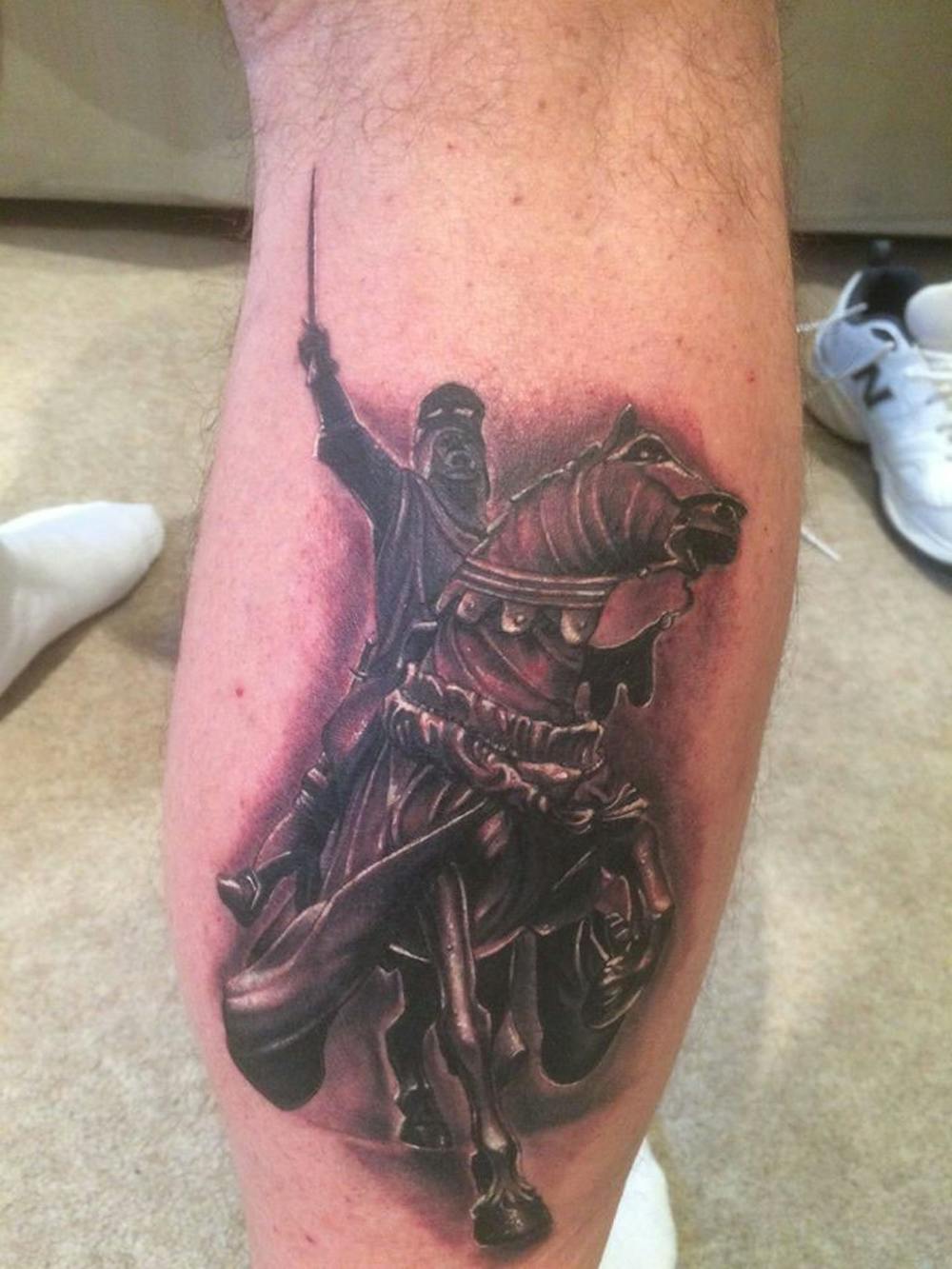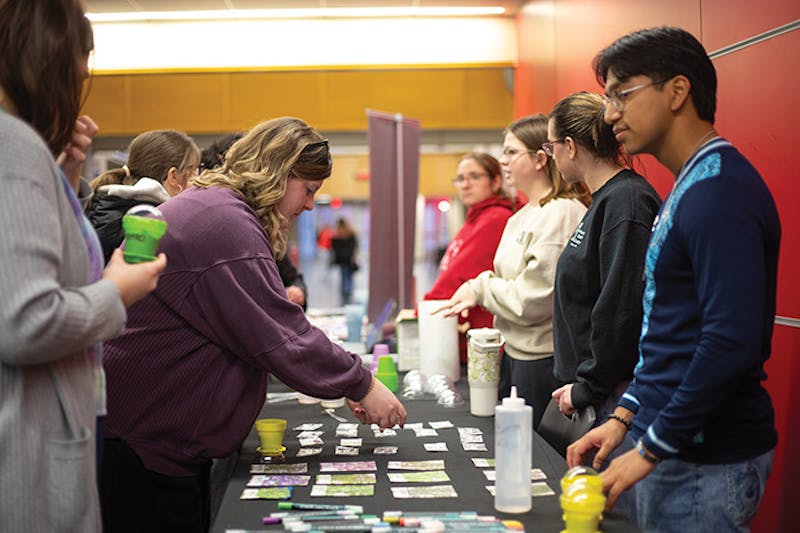For many years, the stigma surrounding the placement, size and colors of ink on one’s body was negative. Now it may be held to a different standard.
People who have tattoos were thought to be “unprofessional” or looked down on by others and called “trashy” or “tacky.” Comments such as, “What will that look like when you are 80 years old,” or “Why would you destroy your body in that way,” were spewed at those wanting to express themselves.
According to Forbes magazine and a 2011 study by CareerBuilder, 31 percent of employers said “having a visible tattoo” is a leading reason why a person will not be hired by a company.
The outlook on tattoos has rapidly altered within the current generation. There is no “law of the land” that states employees must have tattoos concealed. The field in which one wants to enter upon graduation from college is more of a deciding factor.
Sarah McDowell, assistant director for the SU Career and Community Engagement Center, sheds light on the topic when students meet with her. Often looking for guidance with graduation concerns along with other future plans they may have, students can learn more about how to apply for jobs as well as stage mock interviews. She explained that the more conservative fields, such as accounting, business and teaching, are stricter with tattoo policies.
“The stigma really is depending on what your job is,” McDowell said. “Are you out there facing the public? Are you going to be working around those who might find tattoos in poor taste?”
As the end of the semester approaches, many students question whether or not the ink on their bodies will inhibit them from being hired. SU senior Kelsie Paxton is a human communications major, a field that is more open to the idea of expression through body ink.
“The tattoos mean something important to me and add to my personality. I believe the people that I work with should perceive them as nothing more than ordinary,” Paxton said. “From a different perspective, if I worked with an individual with tattoos, it would strike up a conversation and we would get to know each other better as coworkers in the workplace.”
Entering a different field, SU senior Alison Vogel plans to work in an accounting firm at which supervisors may not be as lenient.
“Currently, all of my tattoos are able to be covered by my clothing, so they will not be visible while I am at work,” Vogel said. “I personally do not feel as though it is necessary, however. People should not have to hide who they are just to get a job.”
McDowell has dealt with students at SU in many different majors, and overall when interviewing for any type of job, she suggests it may be in the best interest to cover up tattoos.
“They’re not necessarily something that means you won’t get a job, but it is something you may want to cover up because it is less professional,” she said.
It is not uncommon for the college students of this generation to be covered in ink representing their culture, symbols of faith, love, family, as well as designs they believe are fascinating to the eye. Tattoo policies vary from one field to another as well as one employer to another. Qualifications pull more weight than appearance in some cases and often not in others.
For upcoming college graduates, the SU Career and Community Engagement Center suggests covering up for interviews followed by looking into the policies specific to that job. The stigmas are changing and people are slowly beginning to express themselves in a more open manner, both in the work place and outside of it.





The Slate welcomes thoughtful discussion on all of our stories, but please keep comments civil and on-topic. Read our full guidelines here.